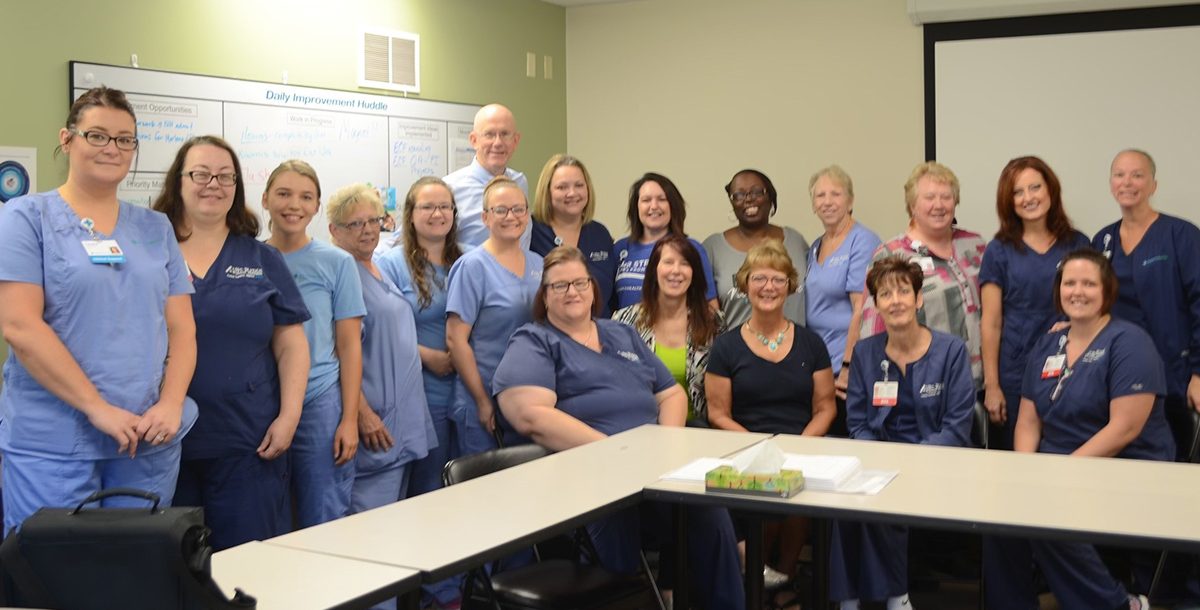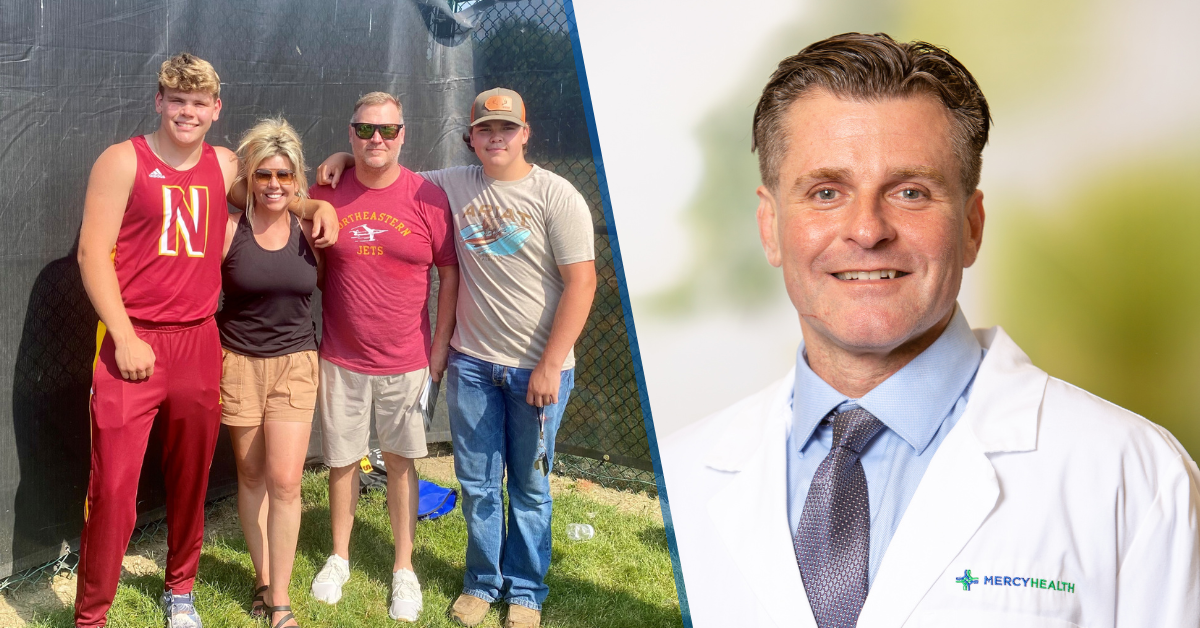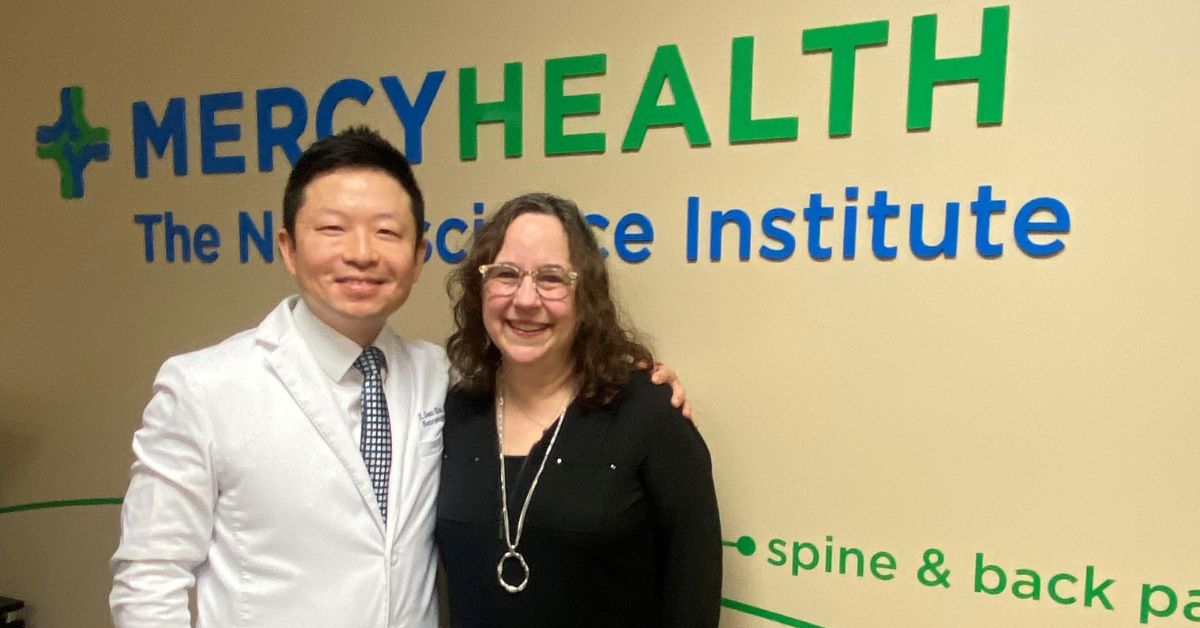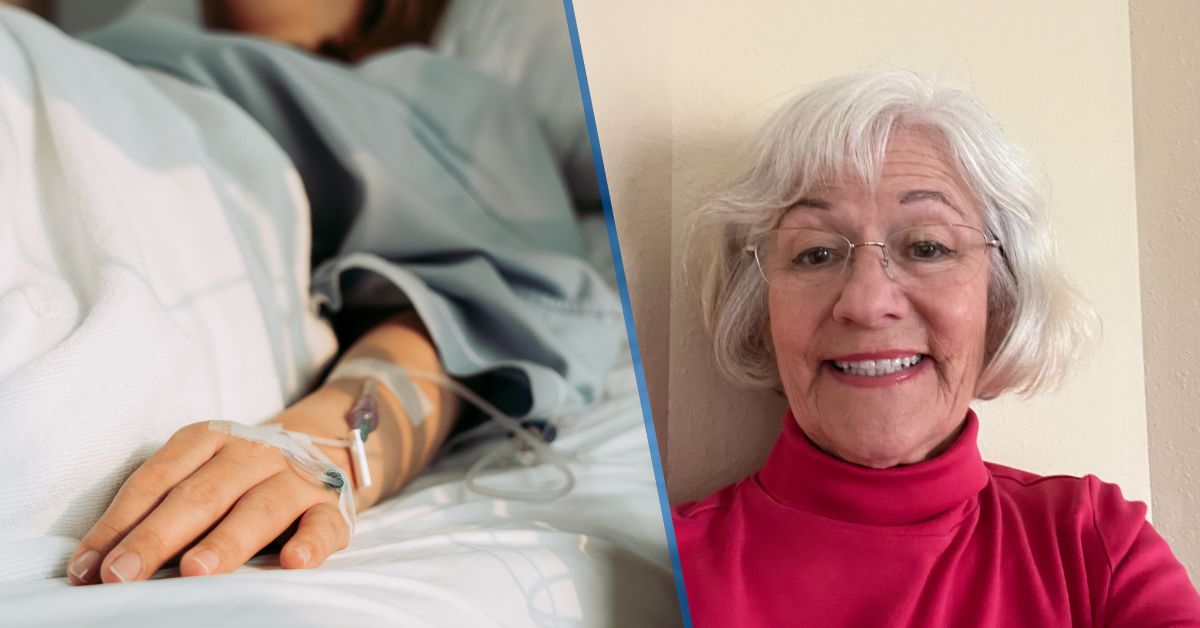Christy Frymyer, RN, MSN, and her team (pictured above) have lots of passion for what they do.
“Every day, our nurses go into people’s homes and provide care as well as compassion to them through the dying process,” says Christy. “We love what we do.”
Hear firsthand from Christy about hospice nursing in this special Nurses’ Week Q&A.
Q: What led you to join hospice care?
A: While I was in nursing school, both of my in-laws passed away at home with hospice within two years. This was a very difficult time for my family. During a visit with one of the hospice nurses, she told me I should be a hospice nurse.
Of course, at the time I did not think I could ever be as great of a nurse as they were. They helped us honor our parents’ wishes to be at home, they helped us provide dignity, they loved us! The nurse that came to help us that day unknowingly planted a seed in me that grew into a great love for hospice. Not because of what she said to me but because of the compassion and care she showed us. These experiences are what led me to be a hospice nurse.
Today, I have the honor of calling that nurse my manager.
Q: Why do you find you work so rewarding?
A: As a nurse there are so many different paths you can take. Some of these paths will lead you home. In fact, one of my co-workers brought in a plaque that says, “We’re all just walking each other home.” I mean, wow! This really hit me.
Nurses everywhere have the privilege to hold the hands of people from birth to end of life on the journey home and to walk beside them. And in turn, for them to walk with me at times on my journey home. For this very reason, I find nursing to be powerful work. In fact, I find it to be God’s work.
Q: In your own words, why is hospice care an integral part of health care?
A: The hospice team has a special set of skills that allow us to help families in providing care to our patients in the comfort and privacy of their own homes. Skills that help us educate families on how to give care and what to do as patients experience uncomfortable parts of the dying process.
Everyone will reach their final stage of life in their own time. When they do, hospice can be there to guide them through this time with expert care. All of this is what makes hospice an integral part of health care.
Q: How do patients and their families express their gratitude for your care?
A: Patients and families show us gratitude in many ways. They send us cards, treats and mention our loving care in obituaries. However, I think the greatest gesture of gratitude from patients’ families is inviting us to be a member of their family. To allow us to be a part of their most private moments and to share in their grief.
One of our patients fell and was taken to the emergency room to be evaluated. I was waiting for him to arrive, and when he did, the emergency room nurse asked the medic if the patient had family with him. He pointed to me and said, “You’re looking at her.”
Read more stories that celebrate our amazing Mercy Health nurses during National Nurses Week.
Also, learn about the health care services we offer at Mercy Health.






